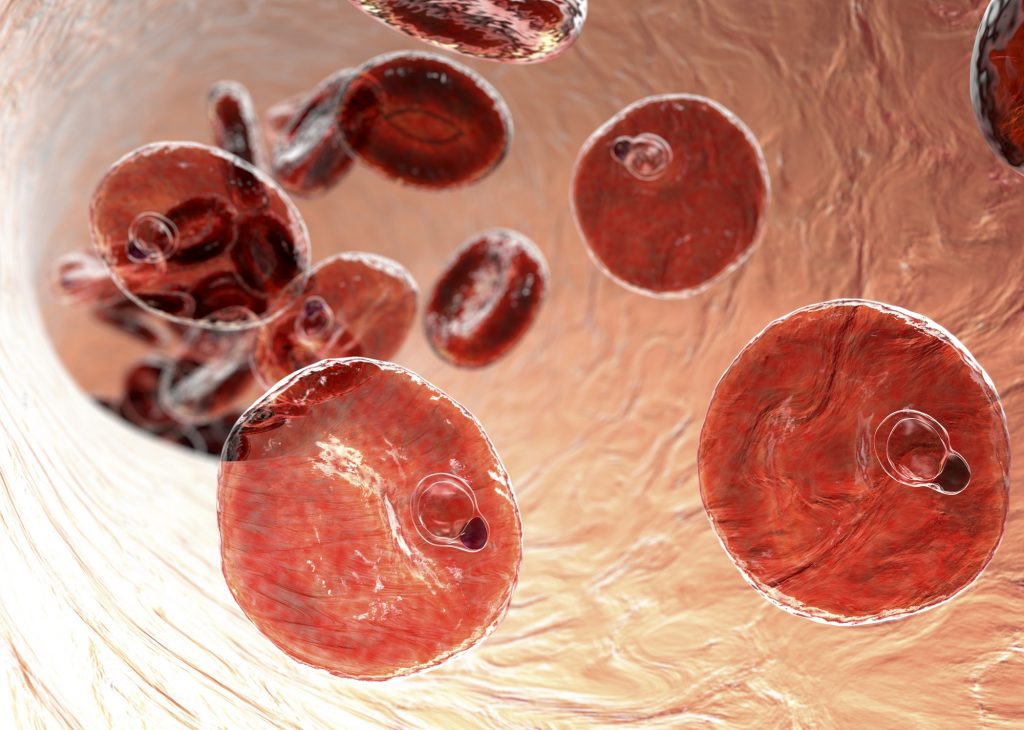Five herbal medicines potent against Babesia duncani in test tube

Five herbal medicines had potent activity compared to commonly-used antibiotics in test tubes against Babesia duncani.
B. duncani is a malaria-like parasite carried by ticks which causes the disease babesiosis.
Published in the journal Frontiers in Cellular and Infection Microbiology, the laboratory study was funded in part by the Bay Area Lyme Foundation.
Collaborating researchers were from Johns Hopkins Bloomberg School of Public Health, California Center for Functional Medicine, and FOCUS Health Group, Naturopathic.
This research is particularly important because babesiosis is a significant emerging health risk, according to co-author Sunjya K. Schweig, MD.
“Due to limited therapeutics and a rise in treatment resistance, current treatment options for this disease are inadequate. Many patients rely on herbal therapies for which there is only anecdotal evidence of efficacy,” Schweig said.
“We hope this data offers inspiration to other researchers to further explore similar options for people living with persistent tick-borne diseases that do not respond to current treatments.”
Testing 46 herbs
Researchers tested a panel of 46 herbal medicine extracts against B. duncani compared to the commonly used medications quinine and clindamycin. Both are currently used to treat active babesiosis, a common co-infection with Lyme disease.
Plant extracts selected for the study included herbs or agents that are already in clinical use, have been previously used to manage the symptoms of patients who do not respond to standard Lyme antibiotic treatment, and have favorable safety profiles.
According to this study, the five herbal medicines that demonstrated inhibitory activity against B. duncani are:
- Cryptolepis sanguinolenta
- Artemisia annua (Sweet wormwood)
- Scutellaria baicalensis (Chinese skullcap)
- Alchornea cordifolia (African Christmas bush)
- Polygonum cuspidatum (Japanese knotweed)
These compounds still need to be tested both in vitro and in animal models as well as in clinical trials.
While each of these botanical medicines are already in clinical use, it is important for future studies to evaluate them directly in patients using specific clinical treatment regimens, as each have the potential to produce side effects in patients, and should be taken only under the care of a clinician knowledgeable of their capabilities and toxicities.
The paper titled “Botanical medicines Cryptolepis sanguinolenta, Artemisia annua, Scutellaria baicalensis, Polygonum cuspidatum, and Alchornea cordifolia demonstrate inhibitory activity against Babesia duncani,” was authored by Yumin Zhang, Hector Alvarez-Manzo, Jacob Leone, ND, Sunjya Schweig, MD, and Ying Zhang, MD, PhD.
SOURCE OF PRESS RELEASE: Bay Area Lyme Foundation




















We invite you to comment on our Facebook page.
Visit LymeDisease.org Facebook Page